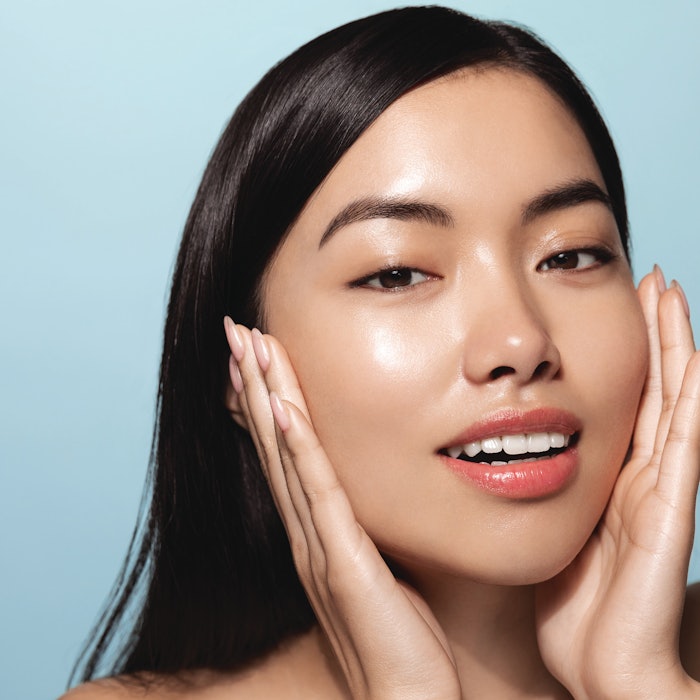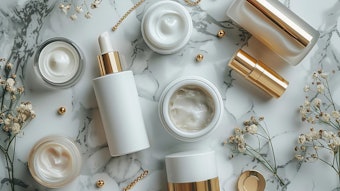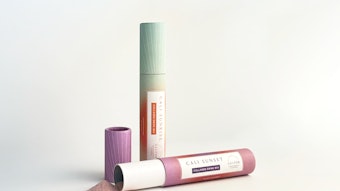
Eighty-two percent (82%) of female consumers polled in The Benchmarking Company’s (TBC) latest consumer study said that a woman should be proud to look her true age. What’s more, consumers are generally at peace with the natural aging process (53% don’t mind looking their age). Still, 67% admit to being self-conscious about how they look as they grow older, and 96% just adore it when people think they’re younger than their real age!
When the tug-of-war between empowering oneself to age naturally meets efficacious anti-aging products, most women root for both teams.
To understand how women feel about aging and what they want in products designed to slow the hands of time, TBC conducted a 42-question online study in February 2023, with 3,157 American women 18-plus (average age 44) sharing their aging concerns, buying habits, what’s working (and not) for her needs at her current age, and what she wants next from your brand.
Anti-aging Beyond Boomers
While signs of aging are inevitable, nearly all women (98%) agree that taking care of your skin at an early age is the best anti-aging approach. In addition:
- 94% believe a regular skin care routine will help prevent visible signs of aging
- 92% believe an inside-out approach that incorporates vitamins, other supplements and healthy eating is necessary to fight the aging process
For the full article, check out Global Cosmetic Industry's April 2023 digital magazine










